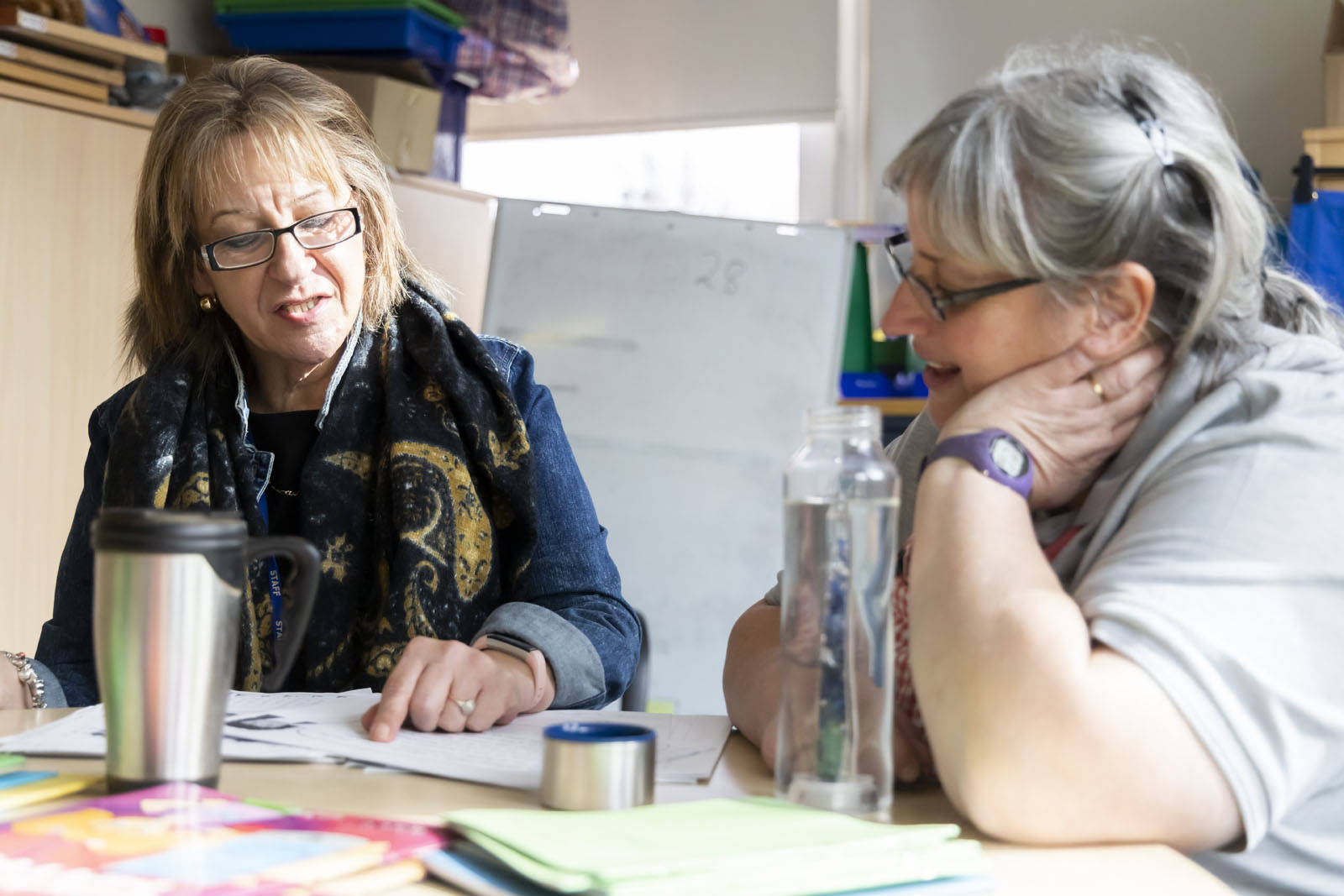Mental health on the curriculum in Northern Ireland
The wellbeing of children and young people is a theme that runs throughout the curriculum in Northern Ireland.

There are three over-arching aims of the curriculum, which are to develop pupils as:
- an individual - to achieve personal fulfilment and individual well-being through living a successful life
- a contributor to society - to be concerned for the well-being of others as well as themselves, in their own society and beyond it
- a contributor to the economy and the environment - to appreciate how employment will impact on the economic choices they make and how they, in turn, impact individually and collectively on the environment.
In classrooms, mental health and wellbeing is taught as part of one area of the curriculum. In primary schools, this curriculum area is called Personal Development and Mutual Understanding (PD&MU). In secondary schools, it is called Learning for Life and Work (LLW).